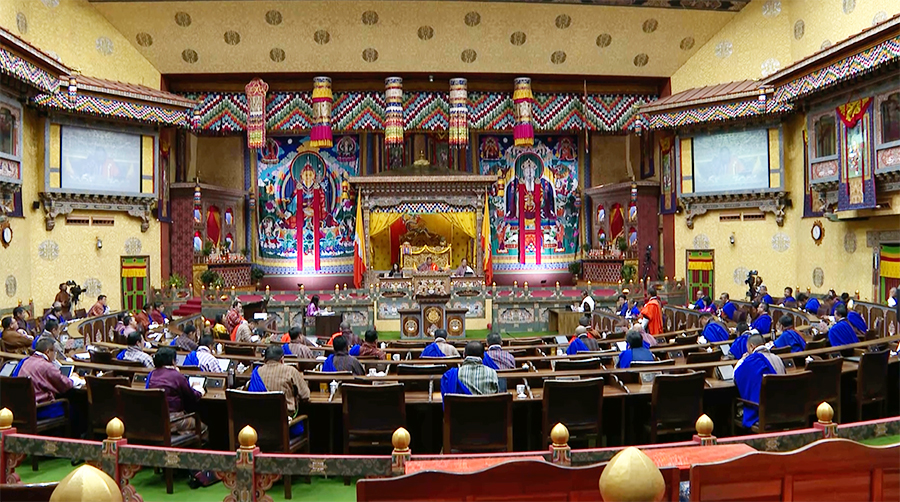 While the country has gender-neutral policies, barriers to women leadership persist due to weak enforcement of the laws and limited awareness of gender equality. This was highlighted in a report by the United Nations’ Department of Economic and Social Affairs, which reflects on women’s presence and leadership in public institutions in Bhutan, Laos, Mauritius and Senegal. The report found that women were underrepresented in leadership roles in all these countries.
While the country has gender-neutral policies, barriers to women leadership persist due to weak enforcement of the laws and limited awareness of gender equality. This was highlighted in a report by the United Nations’ Department of Economic and Social Affairs, which reflects on women’s presence and leadership in public institutions in Bhutan, Laos, Mauritius and Senegal. The report found that women were underrepresented in leadership roles in all these countries.
The report stated that in Bhutan, policies are mostly gender-neutral except for parental leave and flexible work.
It recommends the need for extending paternity leave and flexible working arrangements for fathers.
To enhance work-life balance, there is a need for workplace childcare facilities and work from home arrangements.
Moreover, the recruitment policies and rules lack explicit provisions for gender-responsive actions or targets for women representation. Women are underrepresented in decision-making bodies such as the human resources committee and selection committee.
Furthermore, the report highlights that the leading agencies such as the National Commission for Women and Children faced constrained resources, limited technical capacity and a lack of functional autonomy, hindering progress.
Additionally, workplace harassment remains a significant concern, with inadequate reporting mechanisms and tolerance preventing women from stepping forward.
Deep-rooted societal norms continue to reinforce the perception that leadership roles are better suited for men, discouraging women from seeking promotions.
The report emphasizes the need for greater awareness and advocacy efforts, along with better coordination among gender-equality mechanisms at both national and sub-national levels.
Namgay Wangdi
Edited by Tshering Zam







